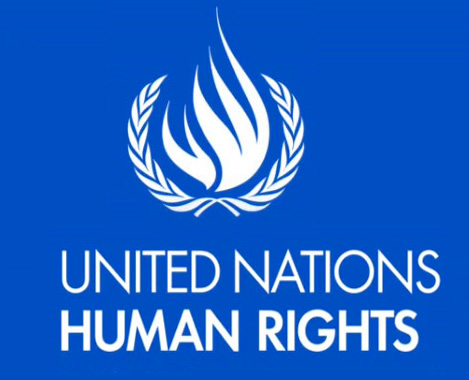The United Nations (UN) human rights experts have called on the government of Ghana to reject a proposed anti-gay bill, saying the bill seeks to establish a system of state-sponsored discrimination and violence against the LGBTQ+ community.
A statement from the UN office said the consideration of the bill by a country that is regarded as a champion of democracy in Africa, with an impressive record of achieving certain Millennium Development Goals by 2015, is quite worrying.
The UN experts include: Victor Madrigal-Borloz, Independent Expert on protection against violence and discrimination based on sexual orientation and gender identity; Reem Alsalem, Special Rapporteur on violence against women, its causes and consequences; Koumbou Boly Barry, Special Rapporteur on the right to education.
They said the anti-gay bill promotes deeply harmful practices that amount to ill-treatment and are conducive to torture.
In addition, the expert say the bill will not only criminalize LGBTQ+ people, but anyone who supports their human rights, shows sympathy to them or is even remotely associated with them.
The recent anti-LGBTQ+bill drafted by eight Ghanaian Members of Parliament, has generated controversy since it was sighted on social media.
The eight legislators spearheading the fight against same-sex relationships in the country through the bill are: MP for Ningo-Prampram, Sam George, Ho West MP, Emmanuel Bedzrah, MP for Kpando, Della Adjoa Sowah, and John Ntim Fordjour, the MP for Assin South.
The discussion as to whether the 36-page bill indeed seeks to infringe on the human rights of citizens as well as silence free speech has been ongoing since Thursday, July 22.
The first reading of the bill took place on 2 August 2021, and its consideration is expected to resume in October 2021.
It covers any person who “holds out as a lesbian, a gay, a transgender, a transsexual, a queer, a pansexual, an ally, a non-binary or any other sexual or gender identity that is contrary to the binary categories of male and female.”
The bill says people of the same-sex who engage in sexual intercourse are “liable on summary conviction to a fine of not less than seven hundred and fifty penalty units and not more than five thousand penalty units, or to a term of imprisonment of not less than three years and not more than five years or both.”
The UN Experts concluded that given that LGBTI people are present in every family and every community, it was not very difficult to imagine how, if it were to be adopted, this legislation could create a recipe for conflict and violence.
By Annie Wharton Savage.


